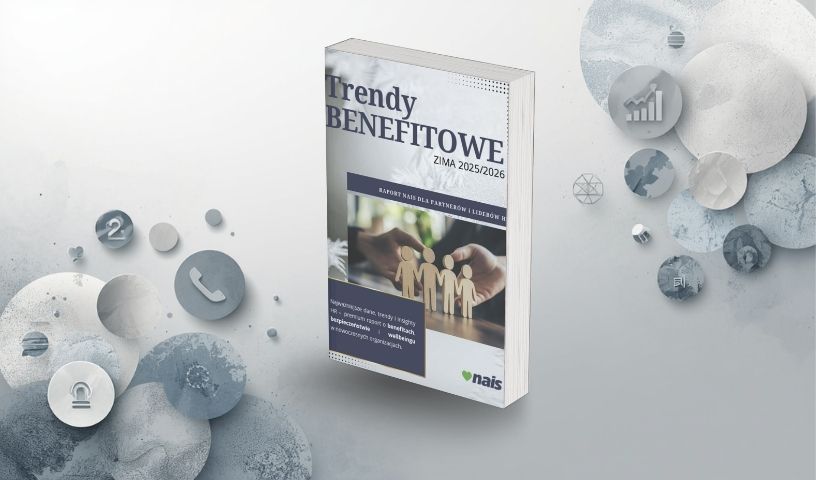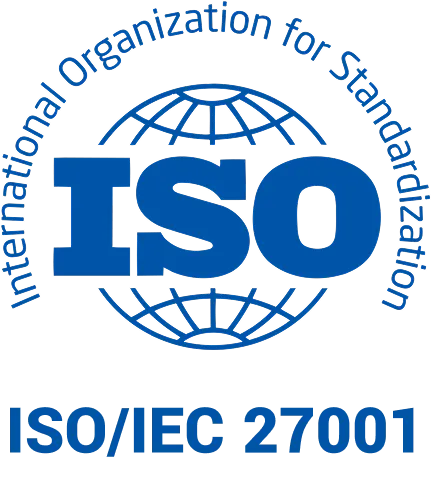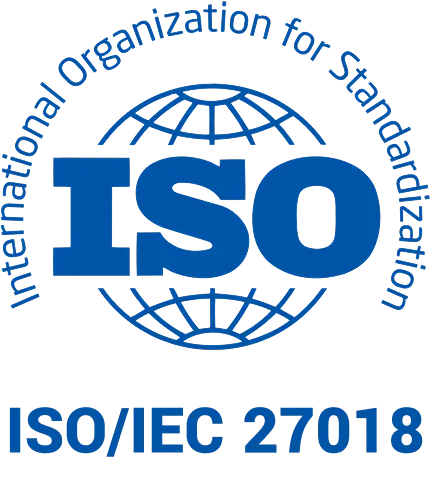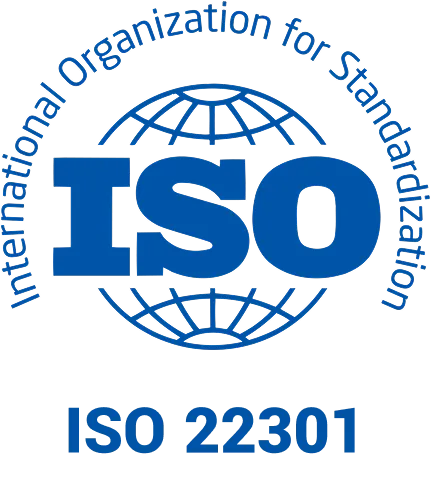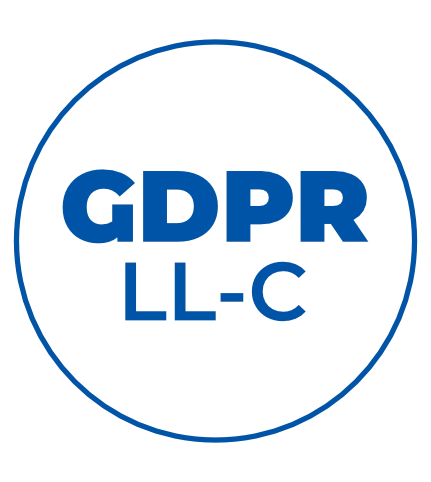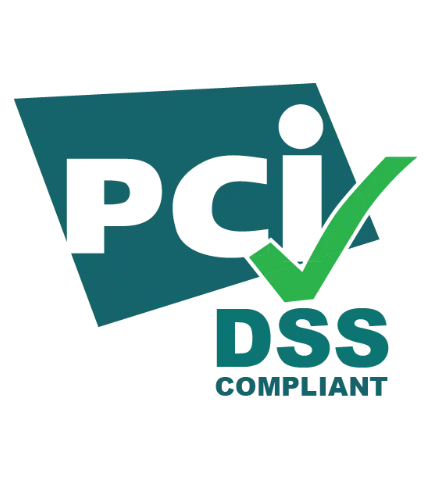
Who are the whistleblowers? Their rights, how to report violations and whistleblower protection.
The whistleblower plays a key role in ensuring compliance with legal regulations and ethical standards in organizations. They make it possible to detect and report irregularities that may violate applicable legal regulations or ethical standards. Whistleblower protection is essential for the effective reporting of any irregularities, as it ensures security and anonymity. In this article, we will discuss who whistleblowers are, what rights and obligations they have, and why protecting them is so important for both organizations and society. Have a nice read!
Who is the whistleblower?
A whistleblower is a person who reports irregularities in the workplace or in an organization. This may be an employee, contractor or a person working under a civil law contract who has noticed violations of the law. Acting in good faith, the whistleblower reports irregularities, which may include cases of corruption, security violations, fraud or other illegal activities. Examples of whistleblowers include an employee disclosing cases of corruption in a company, a person reporting violations of security rules, or an accountant reporting fraud.
The whistleblower plays a vital role in maintaining compliance with legal regulations and ethical standards, which is crucial for the proper functioning of the organization. Thanks to whistleblower reports, it is possible to quickly detect and eliminate irregularities, which translates into an improvement in organizational culture and an increase in social trust.
Whistleblower Protection Act — key information
Whistleblowers have the right to be protected from retaliation by employers or co-workers. In April of this year, the Council of Ministers adopted a bill on the protection of whistleblowers. According to the draft, a whistleblower who falls victim to retaliatory actions will have the right to seek compensation or compensation. The identity of the whistleblower will remain confidential.
The law does not impose a reporting obligation; the decision to report irregularities remains with the whistleblower. However, those who choose to report violations will be protected.
Whistleblowers differ from “complainants” in that they act in the public interest. Whistleblowers report irregularities to protect the common good, not for personal gain or family interests. To obtain whistleblower status, the reporting person must be convinced of the veracity of the information provided. The regulations set out detailed forms and channels for reporting adverse reactions, ensuring full confidentiality and a total ban on retaliation against whistleblowers.
Employers and whistleblowers
The whistleblower protection regulations impose a number of significant obligations on employers:
- Implement appropriate internal procedures defining the rules, forms and channels for reporting irregularities.
- Implementation of measures to protect whistleblowers.
- Use of solutions to prevent potential negative consequences associated with reporting.
- Maintaining a register of applications and managing this data.
- Providing conditions for the effective implementation and functioning of regulations in the organization.
In June 2024, the Senate completely removed protections for whistleblowers from whistleblower laws.
Who does the whistleblower regulations apply to?
The range of people covered by the legislation is wide. The whistleblower can be, among others: an employee (including a temporary employee), a person working under a civil law contract, an entrepreneur, a shareholder or a partner, as well as an intern or apprentice.
In addition, persons under the supervision of a contractor, subcontractor or supplier, including under a civil law contract, as well as volunteers, soldiers and former officers of services such as the Police, ABW, Border Guard, State Fire Service, or Prison Service, have the right to report irregularities.
Protection is granted both before the establishment of an employment relationship or other legal relationship under which work, services or functions are performed in a given entity, and after its termination.
What information can whistleblowers report?
Whistleblower has the right to report violations related to EU law and national regulations. The Whistleblower Directive identifies three main categories of breaches of EU law requiring specific protection.
These irregularities include infringements in areas covered by EU legislation, such as: human and citizen rights, corruption, trafficking in human beings, labour law, public procurement, product safety and compliance, transport safety, environmental protection, radiation protection and nuclear safety, food and feed safety, animal health and animal welfare, public health, consumer protection, privacy and personal data protection and security information systems.
The information reported also includes any infringements affecting the EU's financial interests, as well as those affecting the EU's internal market, including public procurement, services, products and financial markets. This also includes competition rules, public aid and corporate taxation.
summary
Whistleblower protection is key to ensuring compliance with legal regulations and ethical standards in organizations, which contributes to the detection and elimination of irregularities. The Whistleblower Protection Act and EU regulations guarantee the safety and anonymity of whistleblowers, which encourages them to report violations. Employers must implement appropriate procedures and protective measures to support whistleblower activities. As a result, both organisations and the public gain greater transparency and compliance.


























